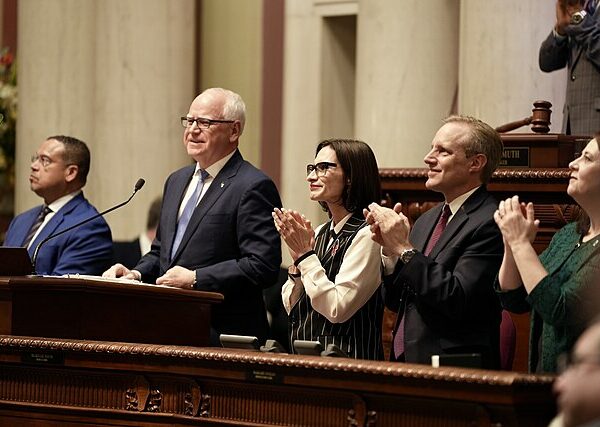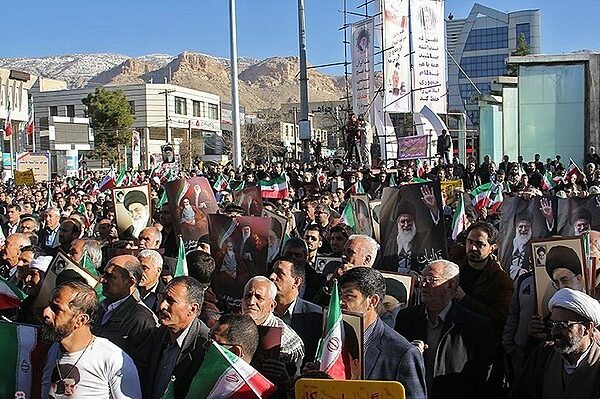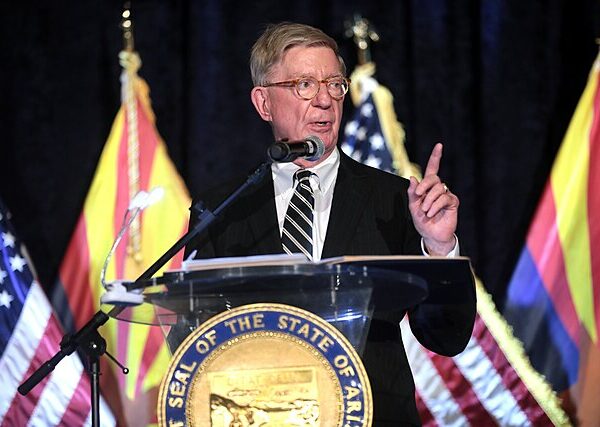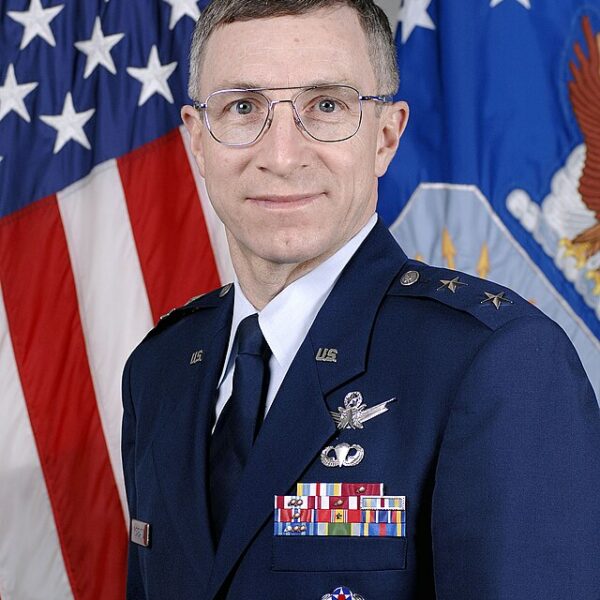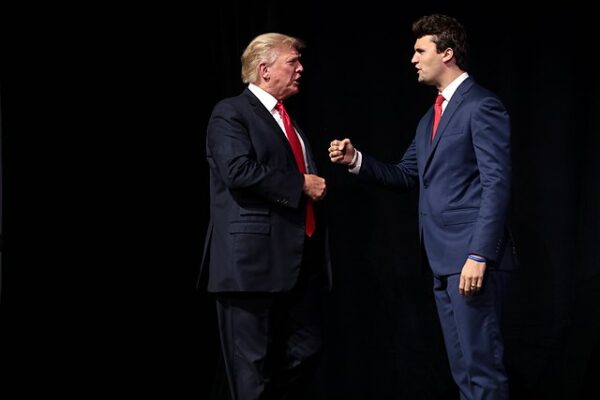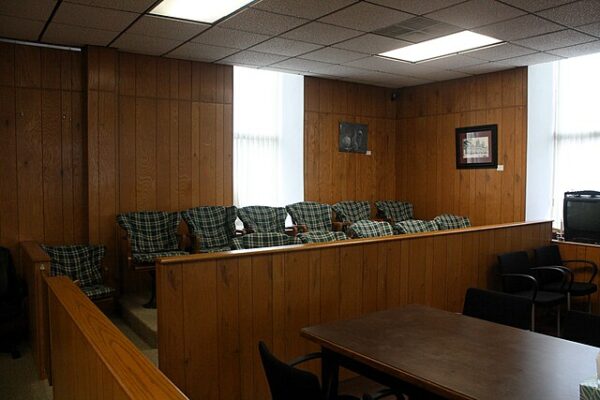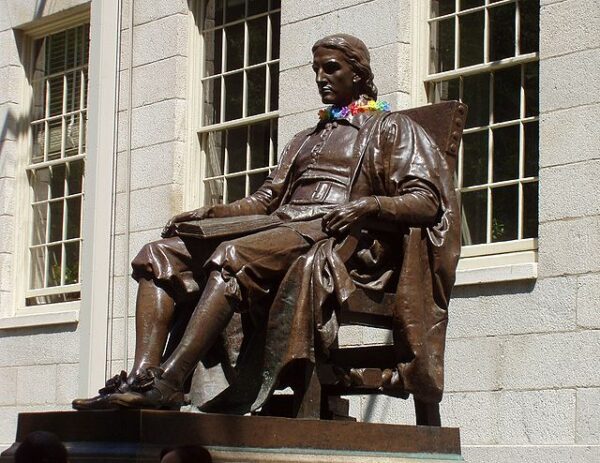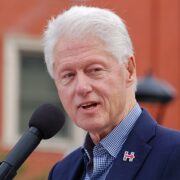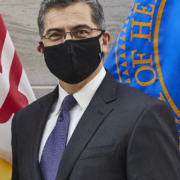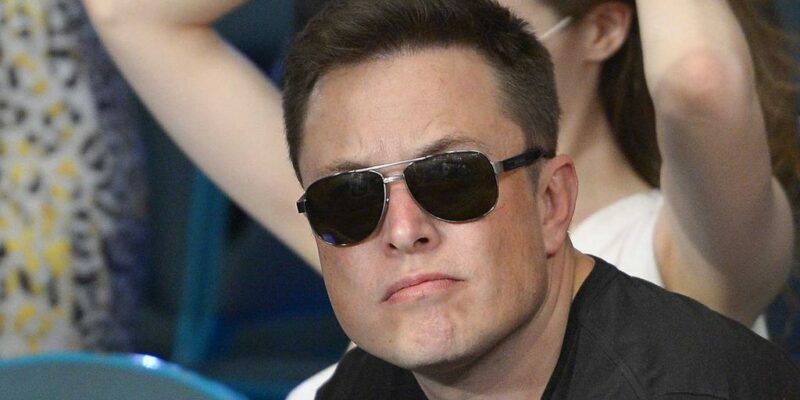
Following substantial layoffs earlier this year, Tesla has come under scrutiny for reportedly replacing many U.S.-based employees with foreign workers holding H-1B visas. This shift coincides with CEO Elon Musk’s public advocacy for increasing the annual cap on H-1B visas—a stance that has ignited debates among lawmakers, labor advocates, and the broader public.
The H-1B visa program permits American companies to employ foreign workers in specialized fields, including engineering and technology. Each year, Congress caps new H-1B visas at 65,000, with an additional 20,000 visas reserved for graduates from American universities. However, the program carries significant risks for foreign workers, as their legal status in the United States is directly tied to their employer. If they lose their jobs, they face potential deportation, a dependency that critics argue creates a power imbalance favoring employers.
Electrek reports that according to reports from current and former Tesla employees, as well as data from the U.S. Department of Labor, the company has significantly increased its use of H-1B visas to fill positions left vacant by the layoffs of approximately 15,000 U.S. workers in April 2024. The layoffs affected every department but were particularly concentrated in Tesla’s operations in Texas and California, where the company has the largest number of employees, according to Breitbart.
H-1B visas are intended to allow US companies to hire foreign workers for “specialty occupations” when there is a shortage of qualified American workers. The visas are valid for three years and can be extended for an additional three years. However, the visa holder must maintain employment with the sponsoring company to retain their work status, otherwise they are required to leave the country. This arrangement has been criticized by some as giving employers excessive power over foreign workers and potentially leading to a form of modern indentured servitude.
Tesla alone requested over 2,000 H-1B visas during the period when it was laying off thousands of U.S. workers. This figure represents over three percent of the total H-1B visas available nationwide. According to the affected employees, many of those laid off were senior engineers with higher salaries, who have been replaced by more junior foreign engineers at lower pay rates. This practice has raised concerns about companies using the H-1B program to cut labor costs and displace American workers.
Elon Musk has recently been using his considerable influence to advocate for increasing the number of H-1B visas, arguing that there are not enough skilled workers in the US to meet the needs of companies like Tesla. However, this stance has drawn criticism from some of Musk’s conservative supporters, who view the H-1B program as a threat to American jobs.
Tesla has historically been one of the largest applicants for H-1B visas, but recent data indicates a surge in visa applications during the same period the company laid off approximately 15,000 employees, primarily in California and Texas, the report explained. Many of those laid off were senior engineers with higher salaries, who were subsequently replaced by junior foreign engineers earning considerably less.
Elon Musk’s calls for raising the H-1B visa cap have triggered backlash, particularly from segments of his conservative support base, who perceive the visa program as a means of undercutting American jobs. Musk, however, has defended his stance, arguing that the United States faces a shortage of skilled domestic workers, particularly in sectors like manufacturing engineering.
Beyond economic concerns, this issue also intersects with Tesla’s demanding workplace culture. Known for its grueling hours and intense performance expectations, Tesla’s work environment often aligns with the experiences of foreign workers from countries where extended workweeks are more common. Additionally, the precarious nature of H-1B employment leaves many visa holders feeling pressured to meet these demands to maintain their employment and legal status in the United States.
In other words, it’s allegedly “work over 40 hours on salary or face deportation.”
Musk recently came under fire for supporting HB-1 visas and implying that Americans were too stupid to understand why foreign talent needed to be imported.
He’s since tried to calm the furor between himself and his MAGA allies, writes The New York Post. “Elon Musk admitted that H1-B visas are “broken” and floated a potential fix as he sought to cool a raging civil war within the MAGA base over the immigration program for highly skilled foreign workers.
Just a day after vowing to ‘go to war on this issue’ and telling detractors to ‘F— yourself,’ Musk, the world’s richest man, acknowledged some of the criticisms of the program getting abused and argued that the US should make it more costly to hire foreigners.
‘Easily fixed by raising the minimum salary significantly and adding a yearly cost for maintaining the H1B, making it materially more expensive to hire from overseas than domestically,’ Musk wrote on X late Saturday in response to a thread claiming H1-B visas were being used to hire low-wage programmers and developers.
‘I’ve been very clear that the program is broken and needs major reform,’ he added. ‘I’m confident that the changes made in the @realDonaldTrump administration will make America much stronger.'”
The discussion continued after President-elect Trump addressed the topic on Saturday, telling The Post, “I’ve always supported the visas; I’ve always been in favor of them. That’s why they exist.”

